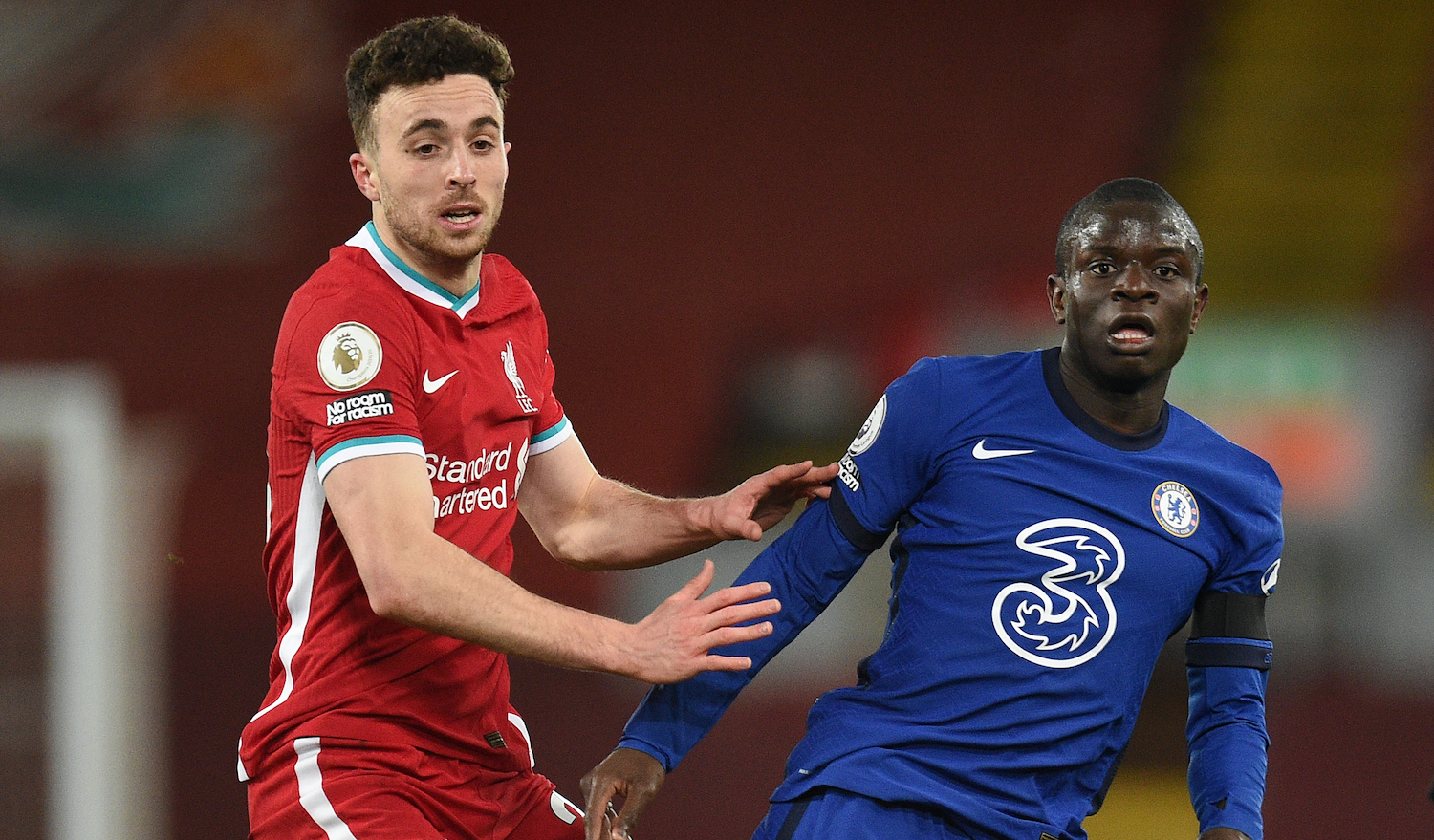Diminutive French genius N'Golo Kante was, for my money, the best player at the 2018 World Cup. Kante did not score a single goal for France in Russia, though throughout his team's run to the trophy, Kante was superb, destroying opposing attacks, carrying the ball from end to end, and generally running more and occupying better space than anyone else on the pitch. He won no individual awards, which honestly makes sense. Kylian Mbappe and Luka Modric deserved something for their physical and narrative triumphs, respectively, and Kante's excellence is by nature an understated one, especially in contrast to his midfield partner Paul Pogba. So he won the trophy, the nation sang his name, then he won the Champions League, and was gearing up for probably his final World Cup in charge of the French midfield when he injured his hamstring in August. French fans and those who appreciate tiny, transcendent maestros will not get to watch him at the 2022 men's World Cup.
Kante is far from the only big-time player who will not get to play for his country in Qatar. In this past week alone, Portuguese forward Diogo Jota and English right back Reece James picked up injuries that will keep them from getting on the plane. Argentine attacking duo Angel Di Maria and Paulo Dybala are both hurt and are at risk of missing the tournament. Dybala's club teammate Georginio Wijnaldum broke his leg two months ago. Brazil's Richarlison and Germany's Marco Reus had to be carried off the field, though they both might still make it to Qatar. Several mission critical USMNT players—Chris Richards, the perma-hurt Gio Reyna, Yunus Musah—are somewhat injured too, and every time I watch Brenden Aaronson throw his entire body into a challenge, I wince.
To a certain degree, these sorts of injuries are not unusual; they typify the inherent vice of sports. Bones break, ligaments snap, heads get concussed. But the problem is the 2022 international tournament is being held in the winter, in the middle of the club season, and the first game takes place only seven days after every major European league holds a round of fixtures. The demands of the club season have already dampened the standard of play in the best leagues in the world, as the attritional slog of playing twice a week has wrecked many of the coolest teams in the world, most notably Liverpool. This crumminess is going to be ported directly over to the World Cup, and the level of soccer will be even worse in Qatar because there's still a whole month for people to get injured playing for their clubs. The World Cup injury crisis is just now about to start in earnest.
In most World Cup years, there is a month off between club and international soccer. This time around, players will have no more rest between games for club and country than they do between regular matchdays, only they'll have to play for, say, England against Iran instead of Arsenal against Brentford, on a different continent, all of which is going to make everything soggier.
If this was merely a World Cup problem, it would be bad yet somewhat contained. But because the World Cup is taking place in November and December, the whole situation is uncomfortably compressed. To be clear, this is a crisis in the form of an injury cascade: The November World Cup means the club season is bunched up, which means less time to recover from little strains and knocks, which means more players get hurt playing for their clubs, which means international teams must demand more of the available healthy players, which means more of them get hurt playing during the World Cup, which means the remainder of the club season is in even more jeopardy when it returns. It's a grueling and untenable treadmill, where players nursing injuries towards the start of the club season won't have time off to get right for the World Cup, so even those who can play are going to be more nicked up than usual. The tragicomic twist here is players whose teams progress deep into the World Cup will be the worst off of anyone.
Which sorts of teams might gain small, unfortunate advantages because of this grin paradigm? Club teams with a bunch of important players from non-qualifying nations will get some meaningful rest in, while teams like Chelsea and Manchester City will have to hold their breath as the bulk of their teams (probably) trudge into the knockout rounds. From a national team perspective, basically nobody can feel truly good about their chances except for the odd few teams whose national leagues aren't currently in the middle of their seasons, or whose best player is being benched by Graham Potter despite playing actually not bad during his few spot minutes here and there. Whatever happens, it's going to be weird. It shouldn't have to be this way. This dream-crushing, injury gauntlet version of a World Cup is only happening in this form because FIFA was willing to be bought off by Qatar, and accept the price of business involved, the largest of which is a giant shrug at a series of horrific human rights abuses. If that's the table stakes, a few injuries are a meaningless tradeoff.






